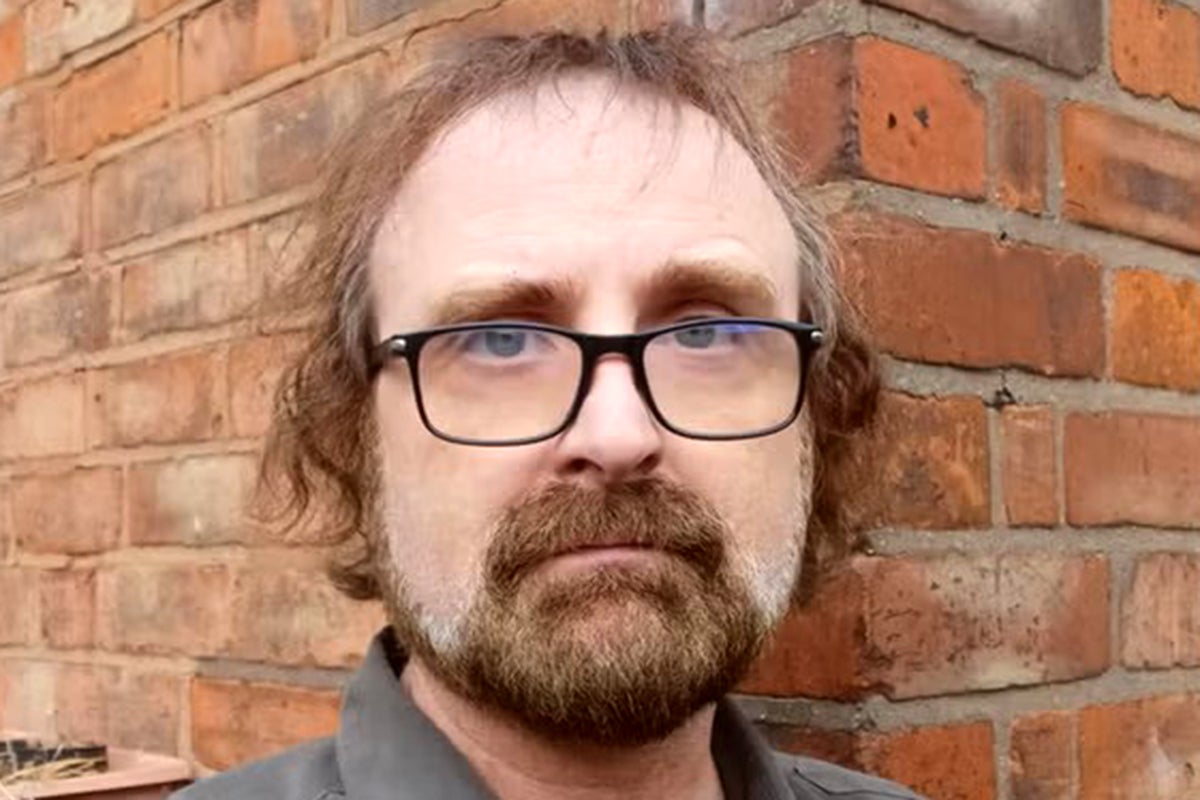This represents a potentially serious violation of the right to freedom of expression under international human rights law. This case occurs within the broader context of the controversial proscription of Palestine Action as a terrorist organization under the UK’s Terrorism Act 2000, which has been criticized by UN human rights experts, civil liberties organizations, and legal scholars as a disproportionate use of counter-terrorism legislation.
The dawn raid, handcuffing, and detention of an individual for mere expression of support, without evidence of incitement to violence, appears to constitute a disproportionate interference with fundamental rights to free speech and political participation.
Under Article 19 of the International Covenant on Civil and Political Rights (ICCPR), which the UK has ratified, everyone has the right to freedom of expression, subject only to strict limitations necessary for respect of others’ rights or protection of national security. The UN Human Rights Committee has emphasized that restrictions on speech must be proportionate and necessary, and may not put in jeopardy the right itself.
Criminal laws must be sufficiently precise to allow individuals to regulate their conduct. The broad definition of “support” in the Terrorism Act 2000, which encompasses both verbal support and material assistance, fails to distinguish between peaceful expression and genuine incitement to violence.



